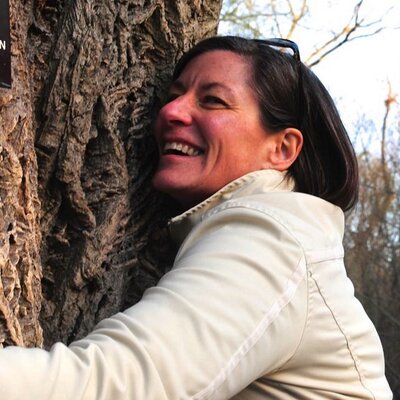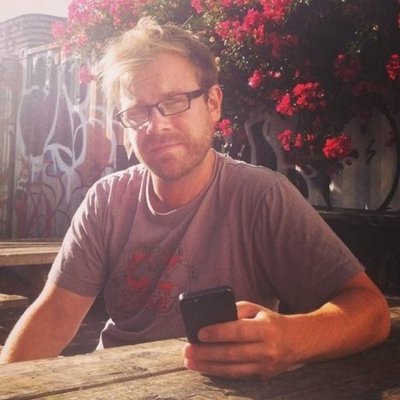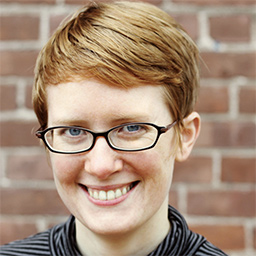Planning beyond paper
Transitmix wants to completely redesign the transit planning process—and kill paper maps
A publication about transforming government with digital tools & design thinking.

Field notes offer unique perspectives from the front lines of government. Hear from contributors sharing the byproducts of their work.
Transitmix wants to completely redesign the transit planning process—and kill paper maps
A look at the technology systems that keep governments around the country running.
There’s no easy way to unlock official data, but we have to learn how to do it better.
It’s not enough to just open data—to make it last, we need to build vital services on top.
Focusing on ones and zeros masks the bigger experience problems facing the neediest.
It’s time to pick sides and start building services with privacy in mind from the start.
Forms are everywhere. We use them to sign up for food stamps, to pay our taxes and to vote. But they’re often poorly designed. We’re laying out a path to designing them better.
Designers create simple, beautiful, easy-to-use forms with ease. So why can’t government? The answer may be a matter of perspective. Andrew explores the various constraints acting on a form design endeavor to help designers see the breadth of approaches they might take.
After fixing her ballot, Molly wonders why it was ever broken in the first place.
How to redesign a ballot in 48 hours with a little help from your friends.
In this issue you will find stories illustrating this shift to an increasingly digital government experience. We believe sharing these stories will help the movement—and our society—move forward.
Get a surrogate citizen near you. They’ll complete all your civic tasks: waiting at the DMV, paying city bills, even voting!
The first issue of Civic Quarterly was created by a group of 2014 Code for America fellows inspired by our year-long engagement with cities and governments across the United States. While each team faced unique challenges and environments in their cities, many themes were similar. We told each other stories of success and failure that resonated beyond our individual experiences. Those conversations led us to create a publication directed squarely at open government practitioners.
 Andrew Hyder
Code for America
Andrew Hyder
Code for America
 Andrew Maier
Code for America
Andrew Maier
Code for America
 Andrew Turner
ESRI
Andrew Turner
ESRI
 Dana Chisnell
Center for Civic Design
Dana Chisnell
Center for Civic Design
 Dave Guarino
Code for America
Dave Guarino
Code for America
 Jacob Solomon
Code for America
Jacob Solomon
Code for America
 Jeremia Kimelman
Code for America
Jeremia Kimelman
Code for America
 Livien Yin
Code for America
Livien Yin
Code for America
 Molly McLeod
Code for America
Molly McLeod
Code for America
 Tiffany Chu
Code for America
Tiffany Chu
Code for America
